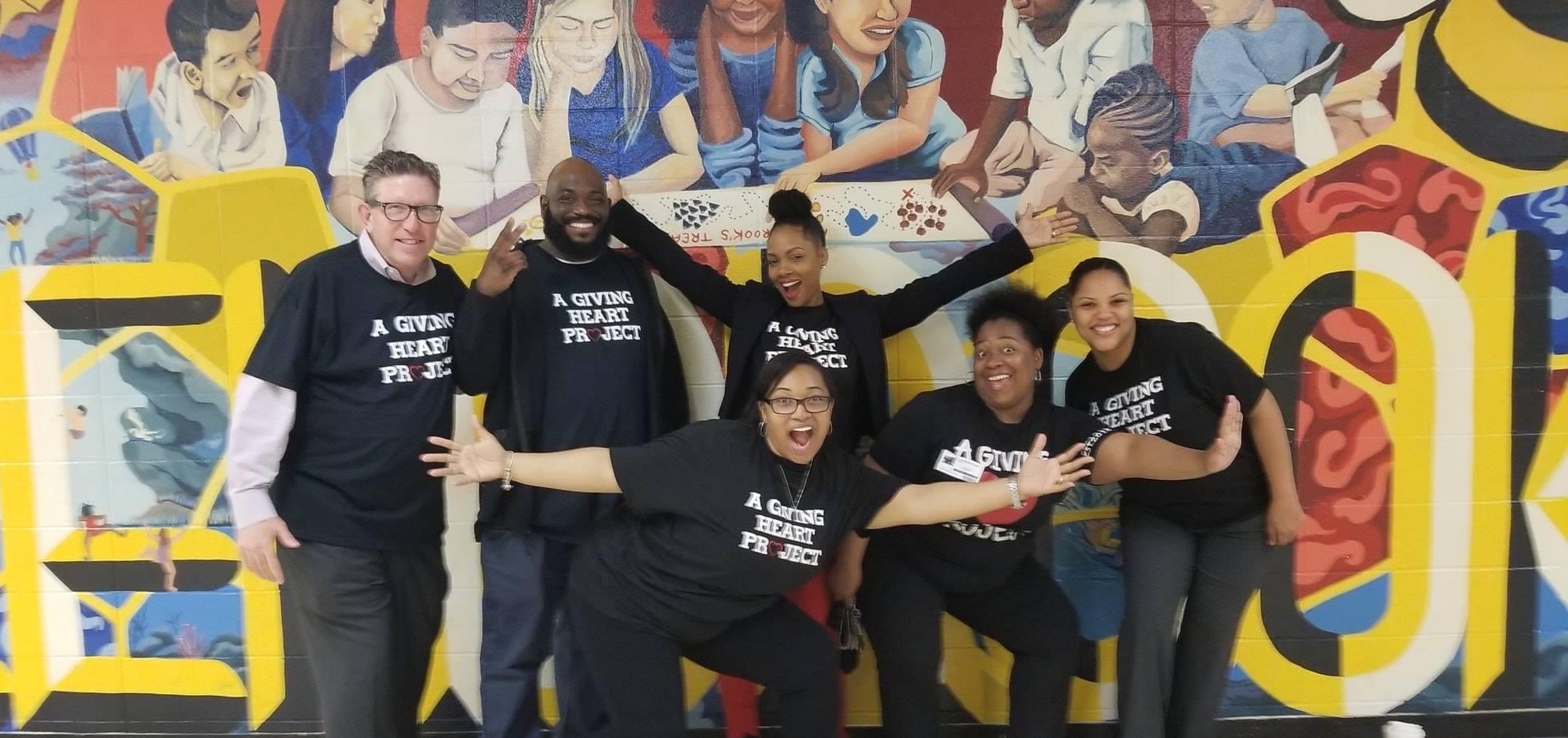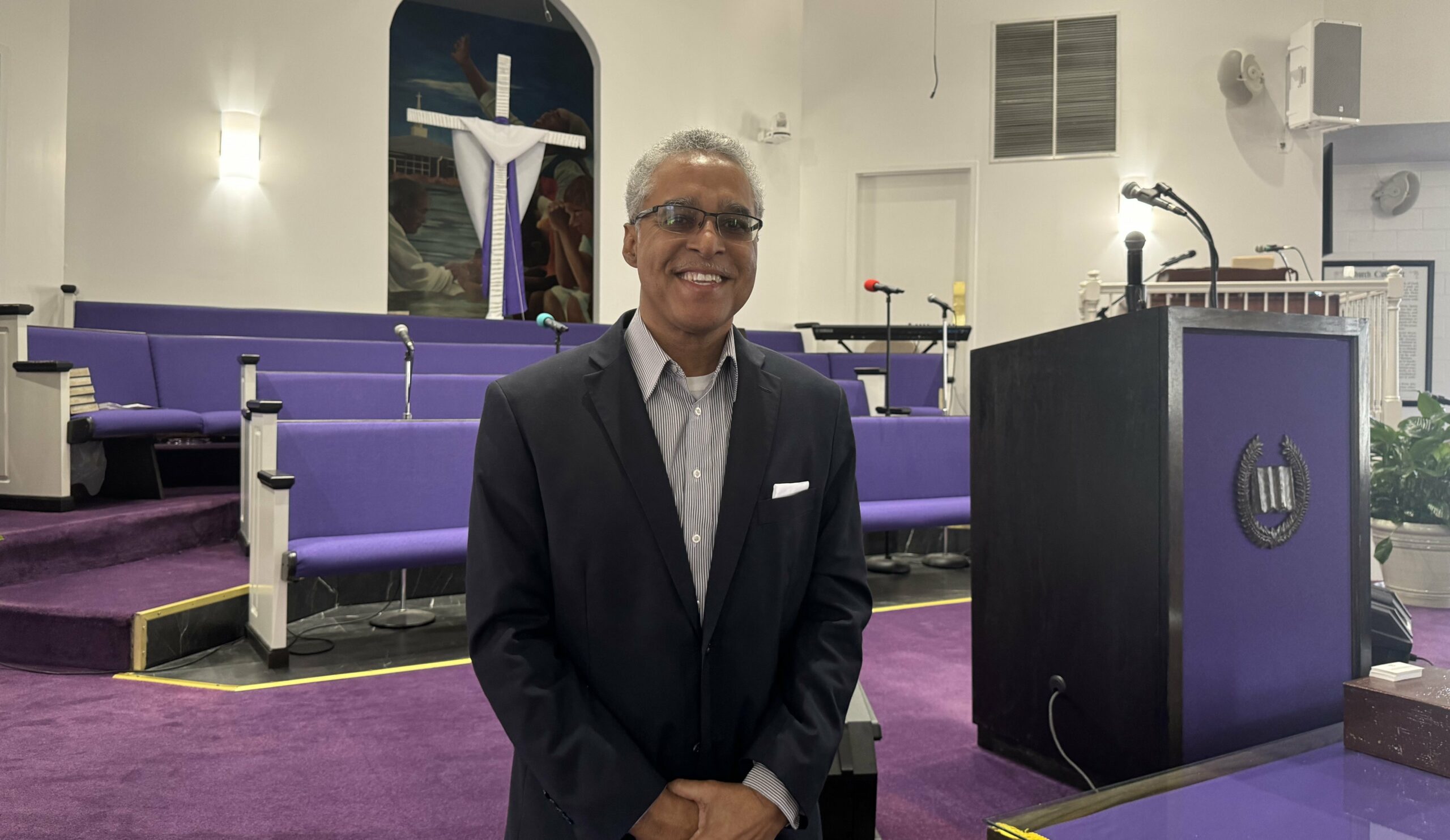
Letter from Kathryn Firmin-Seller, Interim President & CEO
United Way Interim President & CEO Kathryn Firmin-Sellers reflects on Charlotte’s recent move from 50th to 38th for economic mobility and what this 10-year growth means for our community.
In July 2024, Charlotte-Mecklenburg learned the good news that we no longer trail the nation in our ability to lift children and families out of generational poverty.
In Changing Opportunity: How Changes in Children’s Social Environments Have Increased Class Gaps and Reduced Racial Gaps in Economic Mobility, the Opportunity Insights research team compared opportunities for economic mobility for children born in 1978 to the opportunities for children born in 1992. They found mobility improved substantially in Charlotte, nearly reaching the national average. (p. 4)
The Opportunity Insights team suggests that investments in place and people – investments like United Neighborhoods – are key levers driving success. (p. 6)
The generosity of our donors makes it possible for United Way of Greater Charlotte to invest in historically disinvested neighborhoods: Neighborhoods impacted by the legacy of slavery, redlining, and segregation; neighborhoods highlighted in the 2017 Opportunity Task Force Report. With the support of our community, we have grown United Neighborhoods, launched in 2017, from $1.3 million to $5 million annually. The initiative impacts more than 60,000 residents across more than 50 neighborhoods.
United Neighborhoods entrusts neighborhood residents – those most familiar with barriers to economic mobility – with prioritizing the types of interventions they believe will fuel economic opportunity at the neighborhood level. Perhaps unsurprisingly, residents often choose interventions the Opportunity Insights researchers promote. Residents choose to fund agencies like Charlotte Bilingual Preschool and Charlotte Speech and Hearing, both of which bring children together across race and class to access high quality early childhood education. Residents also direct resources to organizations like Urban Promise and Charlotte Eagles, which help build connections among children and their parents through their after-school programming.
Residents also prioritize investments in workforce development for youth and their parents – again an intervention the Opportunity Insights Team highlights. Through United Neighborhoods, United Way brings agencies such as Charlotte Works, Youth Development Initiatives, and The Academy of Goal Achievers into targeted neighborhoods, ensuring children and adults have the opportunity to move into careers that offer family-sustaining wages.
The Changing Opportunity report should inspire Charlotte-Mecklenburg to double down on our commitment to advancing economic opportunity for all. The research demonstrates that we can disrupt generational poverty – a problem once thought intractable – with deep, meaningful investments.
United Way of Greater Charlotte remains steadfast in our commitment to advancing economic mobility. United Neighborhoods exemplifies the strategic investment required to lift children and families out of poverty. With our community’s continued support, United Way will not only sustain, but deepen, the commitment we have all made to our neighbors.




